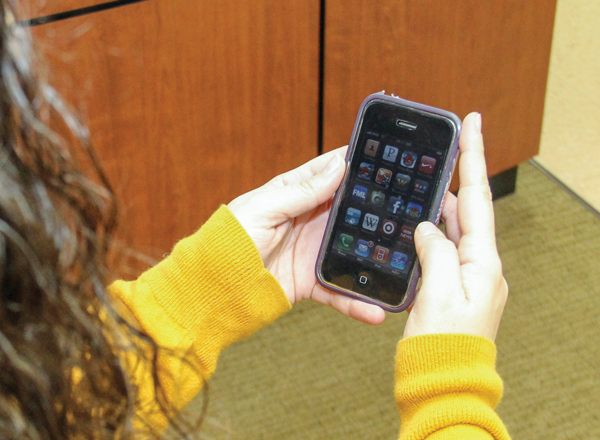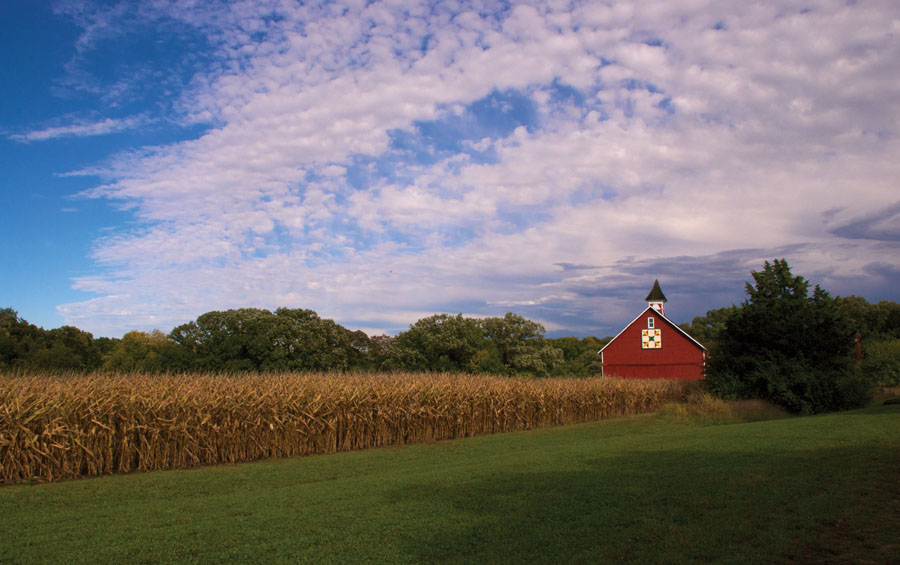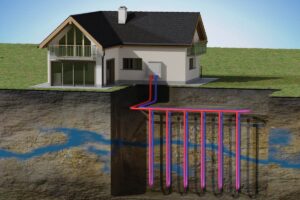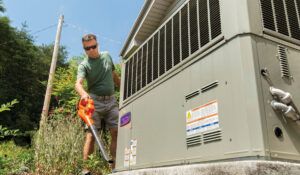What can I do to make my mobile home more energy efficient?
That question is often asked when members get high summer and winter electricity bills. The solution may seem difficult and expensive, but there are some things that you can do yourself. Many are affordable, relatively easy and will make an impact on comfort and energy consumption.
Occasionally, I hear inappropriate comments about modular housing and mobile home parks. I have never thought that those comments were appropriate. My wife and I experienced some of the best days of our lives while living in a mobile home park. Every unit in that large park was a home for a family. Many of those families had lower than average incomes and were there out of necessity. Others had average or above average incomes and were there by choice. It was actually a very good living environment and a pleasant chapter in our lives. We lived in the park for about five years, all before 1976.
The only thing that I knew about energy efficiency was that we had to use a yard sprinkler to spray water on the outdoor air conditioning unit in order to cool our new mobile home on a really hot day. I now understand that probably all mobile homes built before 1976 would be considered energy obsolete using today’s standards.
Furthermore, most mobiles have similar energy-related problems regardless of geographical location. An exception would be if the roof had good shade from the sun. For instance, if you place a unit under a 100-year-old shade tree rather than in the open, your unit would obviously be easier to cool in the summer.
Some years ago, I received a request from a large utility company to help teach their employees about energy efficiency. It was late winter and the company was receiving many high bill complaints from mobile home occupants. We decided to make some on-site visits to see if we could help. Our first stop was in a rural area. As we were going up the gravel driveway, I could see the water heater from an exterior access panel door. The problem was the door was gone. I said, “John, that electric water heater is trying to heat the entire earth on this cold winter day.” I am certain that the water heater was using electricity 24/7. The missing door was also allowing a gigantic amount of heat to escape from the dwelling. We have no idea how or why the door was removed, but we found it under the unit. We reinstalled the door using long metal screws and weather-stripping. That simple fix made a significant improvement by stopping the heat loss from both the water heater and dwelling.
I wish all mobiles and modulars were as easy to fix as that one, but that is not the case. There is no way that I can list every possible energy problem and solution within this column. But here are some suggestions that can help you get started:
1. If you are an electric co-op member, call your local electric cooperative and ask if the co-op staff can perform an energy audit on your home. The co-ops want to help you and many have credentialed energy auditors on their staff.
2. If you receive an audit, please take it seriously and start making improvements, even if you can only address one item at a time. If you are going to stay there, it will be to your benefit to make the prescribed improvements.
3. If you cannot get an audit, this list should help you:
a. On a cold windy day, dampen your hand and go around the walls, windows and electrical outlets of each room, feeling for cold air. Caulk leaks using clear or white caulking as appropriate. Use foam for larger holes under sinks.
b. Install insulation gaskets on electrical outlets and switches. Gaskets can be purchased at home centers.
c. Install additional ceiling and wall insulation if feasible. You may need to ask an insulation professional if it is feasible for your particular unit.
d. Properly install skirting to inhibit cold air from blowing under the unit.
e. Be certain that all ductwork is intact, sealed and well insulated. This is a critical item for mobile and modular homes.
f. When it is time for a new water heater or new heating and air system, use the Rheem® Marathon or the GE® GeoSpring water heater and use the most efficient heat pump that you can afford. These two items will save you considerable dollars on your utility bill.
Visit your local electric co-op’s website, or www.togetherwesave.com
for dozens and dozens of energy savings tips, ideas and brochures.
And as always, you may call me with your questions at 501-653-7931. MERRY CHRISTMAS TO ALL!








